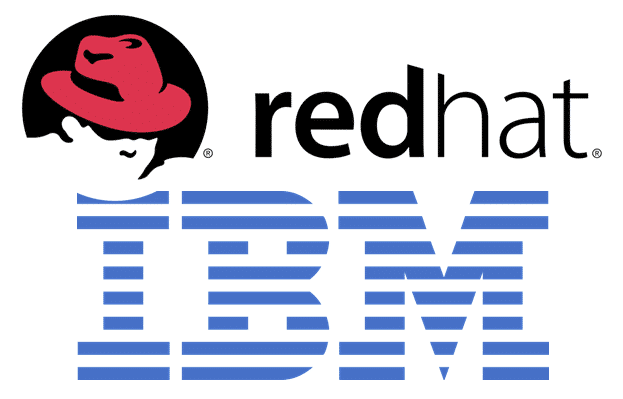IBM recently completed its $34B acquisition of Red Hat, the cloud provider. Recently, one of our team members found an article regarding this new acquisition and it sparked a conversation about what this means for the greater cloud digital transformation space and what it means for longer trends.
This article outlines what it means to cloud digital transformations, CIOs in general, and customers about to embark on a digital transformation or ERP implementation.
Table of Contents
ToggleThe Cloud is real
More and more companies are taking a step forward into cloud digital transformations and investors have been wanting more cloud services because of the plethora of benefits that it gives. With investors and vendors both investing heavily in cloud, the rest of the ERP ecosystem falls into line. This is a big reason why cloud ERP is finally starting to reach the tipping point of adoption.
Consultants and system integrators (paid by the vendors) reinforce the vendors’ pro-cloud philosophy. Industry analysts, who are also paid by the vendors, have been touting the death of on-premise for years. The industry has built a fully integrated ecosystem that is crushing on-premise into oblivion as we speak.
Because money and the ecosystem favor cloud ERP, vendors are going to keep doubling down and upping the ante on their cloud investments. Since R&D money is a finite resource, on-premise systems will receive a declining share of R&D dollars until there are no future enhancements. Cloud ERP will soon contain the advanced features and breakthrough technologies, while on premise solutions will survive on life support.
The Industry is buying into Cloud
In 2018 Oracle bought NetSuite in an effort to accelerate their movement into the cloud space and we can see a similar move here with IBM buying Red Hat to have a legitimate footprint in the cloud space. Oracle may say that they have a product roadmap for JD Edwards until 2025. Microsoft may say that they have a roadmap for Dynamics Great Plains until 2030. But, I’m not buying it. There is simply too much investor money vested in seeing cloud ERP dominate at the expense of on-premise systems.
SAP has done a nice job of offering multiple deployment options – including on-premise – for its flagship S/4HANA product. But this is just a stopgap transitionary solution (albeit a smart one). I doubt that SAP will offer on-premise options for much longer. SAP has already announced its 2025 deadline for customers to move from ECC or R/3, so it may be just a matter of time before they do the same with any on-premise customers.
So, you may be able to get by with on-premise ERP in the short-term, but it’s not a viable long-term solution. Those that implement on-premise ERP systems now are much more likely to be looking at major upgrades to the cloud within the next few years especially since the industry as a whole is pouring more and more money into the software.
What does this mean for customers?
On the positive side, this acquisition provides a more viable choice for companies that have automatically defaulted to big providers who want to have a tier 1 ERP software provider in the cloud space and just have more choices in general. IBM is getting bigger with its acquisition and with other companies like NetSuite getting bought up by Oracle. This leaves for slightly less space for negotiation, but a lot of choices for you to choose from as well.
However, while all of these factors indicate that the cloud is becoming more of a viable option for companies, there’s also a reason as to why not all companies have adopted it just yet. With more organizations like IBM pushing for more companies to adopt the cloud, we will be seeing an increase of cloud users in the near future.
As we continue to navigate how we handle our digital transformations it’s important that you keep in mind what is best for your company and also know where the money lies in these types of projects/ what the cloud provider actually wants from your company.
As always, we at Third Stage Consulting are here for you in case you have any questions regarding your digital transformation and we’re always here to help you and your organization out. Feel free to contact us to discuss your journey to the cloud, or any other aspect of your digital transformation.





